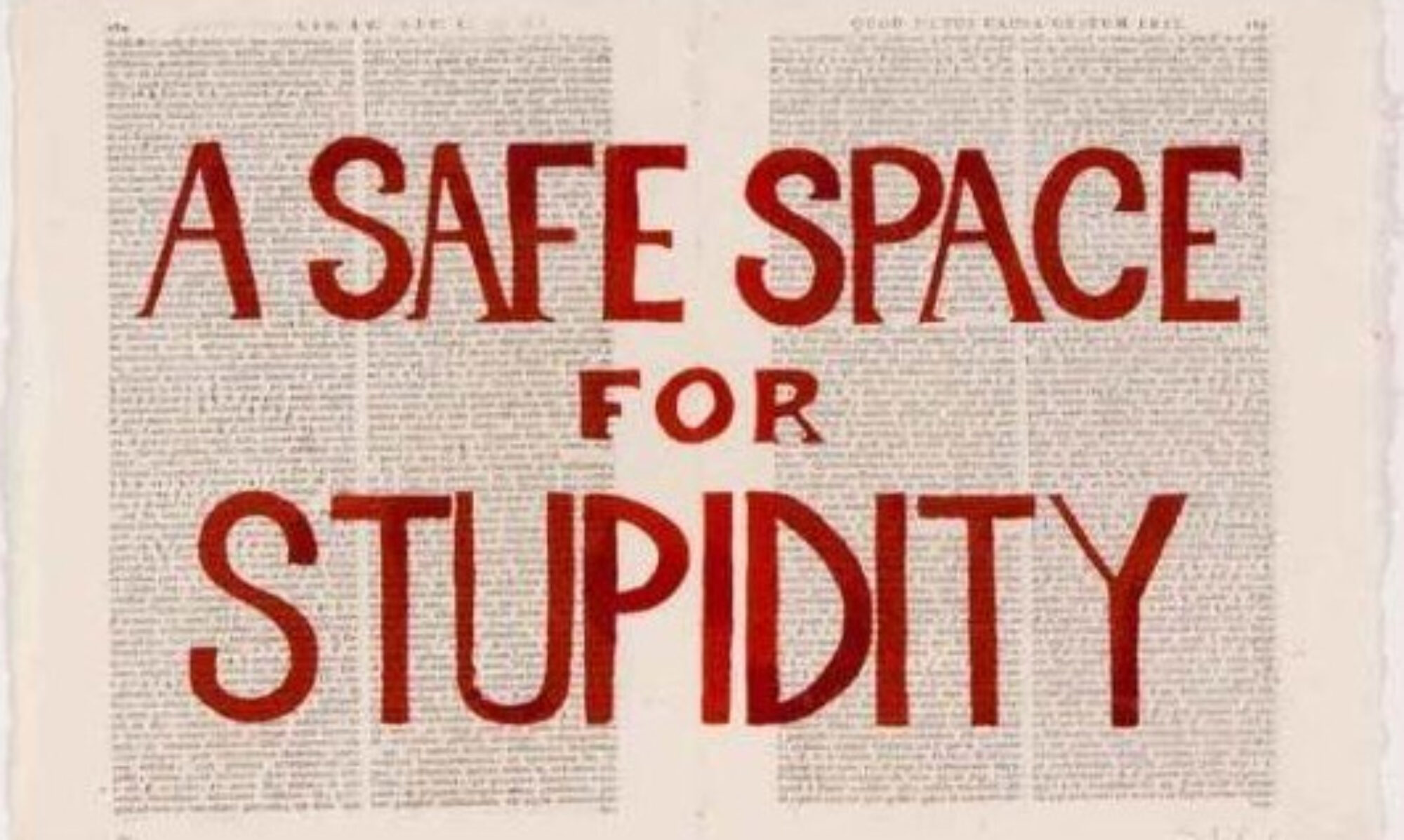Nick Cohen would have it that the Pope has `signalled his fealty to the deep strain of reaction in European history’, because, in a statement on prejudice against gays, he made reference to `masonic lobbies’ (`lobby dei massoni). Cohen explains:
Few Anglo-Saxon readers understand that prejudice against freemasons is the founding conspiracy theory of the far right. It saw the machinations of a society that began among harmless Scottish craftsmen in the 15th century as responsible for liberalism, the enlightenment, the rights of man… everything it hated.
Quite apart from the use of the term `Anglo-Saxon’ (does that include the Celtic fringe, or non-white Britons), Cohen seems to have missed the point.
To anyone paying attention to post-war Italian history, the first thing which comes to mind when someone says `freemasons’ is not some harmless old buffers with their trouser legs rolled up, but the Propaganda Due lodge, which, as part of the strategy of tension, perverted the course of justice during the investigation into the Bologna railway station bombing, and was involved in the corruption of the Banco Ambrosiano, the Vatican’s piggy bank.
It is not impossible that the Pope is a bit reactionary, but his use of the term `masonic lobbies’ is a feeble hook to hang the argument on.

